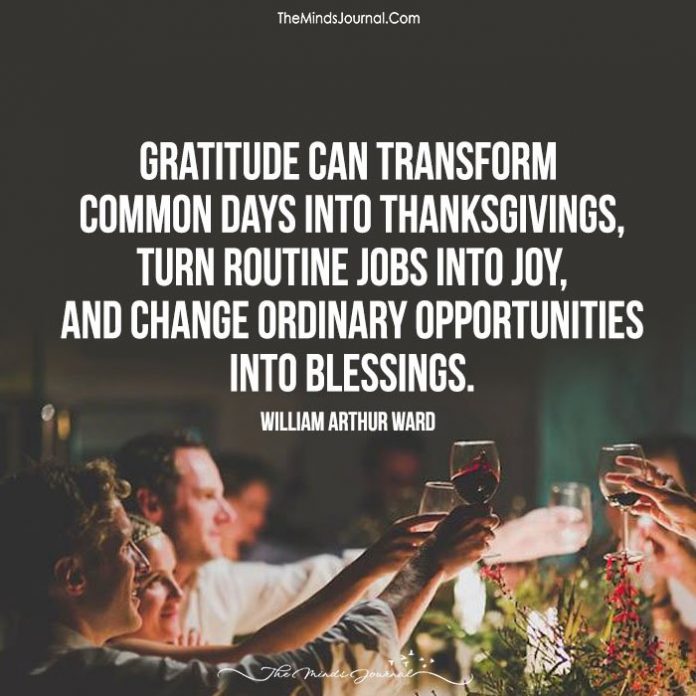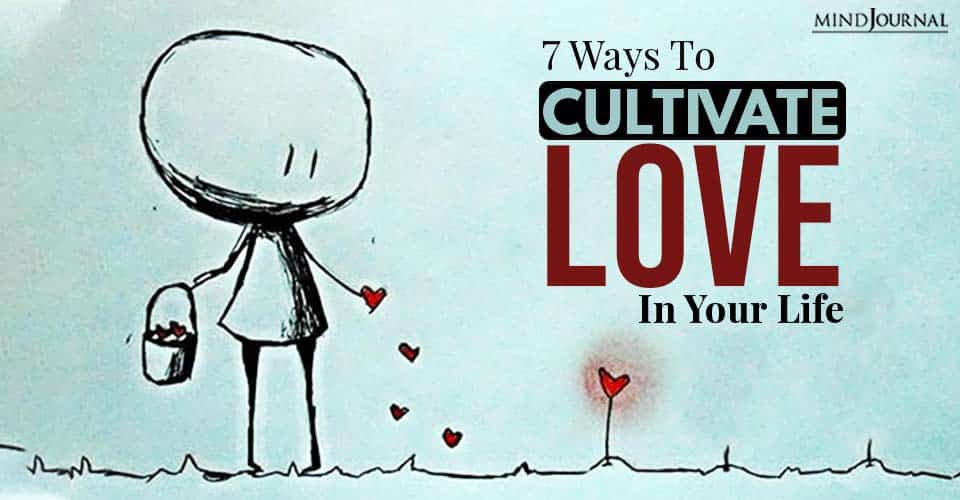In order to have love and compassion for others and the world, we must offer deep appreciation and connectedness to ourselves. True happiness starts within yourself. To cultivate love and happiness , you need to practice self-love. How to cultivate love in your life?
Most of us seek someone to love or to love us. We don’t think about cultivating self-love or realize that love originates within.
You may be seeking a relationship, but research suggests that singles are actually happier than married people, with the exception of happily married people. But even that dwindles over time.
Related: 7 Mental Habits of Women Who Are Always Happy
Self-Esteem
A new study shows that on average, after the first year, spouses return to their baseline state of happiness prior to the marriage. Thus, similar to the conclusions reached in the studies done on lottery winners, after marriage and after winning, we eventually return to how happy we are as individuals.
Thus, our self-esteem matters. Research has well-established that it’s a big factor in the health and happiness in marriage. In fact, the level of our self-esteem before the relationship can predict its longevity. Low self-esteem can prevent us from reaping the rewards of love in a relationship.
We think about ourselves based on things we were told, incorrect inferences, and false beliefs informed by trauma and the parenting we received. These learned beliefs, defenses, and habits are not who we are, not our natural, true self. How can we reclaim it?

Cultivating Love
Cultivating self-love is a worthwhile endeavor for ourselves and to have happier relationships. Science has shown these remarkable benefits associated with love:
- Better stress management
- Better sleep
- Better heart health
- Longer lives
- Improved self-esteem
- Greater happiness
- Lowered risk of depression
We are all born innocent and worthy of love. Our flaws, mistakes, and things that happened to us affect us, but are not who we are inherently. Once we understand this, we can begin changing our self-concept and nurturing our real self.
Your mind is a garden, your thoughts are the seeds.
You can grow flowers or you can grow weeds.
Love is like a garden we need to fertilize and cultivate. To fully give and receive love, we must first pull the weeds that sabotage it. We ward off invading pests in the form of toxic relationships, and welcome animals that protect and help our garden grow.
Here’re 7 Ways to Cultivate Self-Love in Your Life
1. Self-acceptance

What we resist persists. When we don’t accept ourselves, we strengthen a negative self-concept. Low self-esteem is self-reinforcing, making change and self-acceptance difficult. Paradoxically, when we accept our shortcomings, it’s easier to let them go.
Related: What is Self-Esteem And How To Raise It?
Self-acceptance is greater than self-esteem, and self-acceptance paves the way for self-love. It means honoring and accepting all of ourselves, including our shortcomings, appearance, our mistakes, and feelings. Learn to stop self-criticism and Raise Your Self-Esteem.
2. Self-forgiveness
What we did is not who we are. Staying in self-blame and self-condemnation is harmful. On the other hand, guilt can motivate us to change and reach out to others. Great healing is possible with confession, self-forgiveness, and amends. Overcoming guilt releases us from the past and the person we once were. It paves the way for transformation, wholeness, self-respect, and self-love
Love is indivisible. It’s difficult to love ourselves when we harbor hatred toward someone else. Moreover, resentment toward ourselves or others keeps us stuck. When we forgive others, we feel freer and better about ourselves. Similarly, as we develop self-compassion and forgive ourselves, we’re more accepting and compassionate toward others. There are specific steps and stages in forgiveness. Follow them in Freedom from Guilt and Blame: Finding Self-Forgiveness.
3. Self-appreciation
After pulling the weeds, we must nourish our garden with self-appreciation. Our mind does not distinguish between praise coming from others or our own words and thoughts. Do you focus on your shortcomings and deny or take for granted your positive attributes?
Inventory your strengths, accomplishments, loving qualities, acts of courage, and your desire to give, love, and grow. Practice appreciating yourself and others. Each day write three things you did well and qualities about yourself that you or other people appreciate. Focus on the positive, rather than the negative. It takes time and consistency to replace bad habits with life-affirming ones.
4. Self-expression
Whether due to growing up in a dysfunctional family system or trauma later in life, when we deny painful emotions, we actually block positive ones as well. When we block pain, we can’t feel joy. We close our hearts and numb ourselves.
Repressing feelings is a form of rejecting ourselves that can lead to depression and can cause poor health and disease. We grow self-love when we express our feelings, needs, and wants. Negative feelings dissolve, and positive ones multiply. We’re liberated and have more energy to move forward.
5. Loving actions
When we ignore, hide, or discount our needs and wants, we become irritable, resentful, and unhappy. But fulfilling our needs and wants is an act of self-love that lifts our spirits. It’s a key to happiness that calms and revitalizes us.
Conversely, when we act in ways contrary to our values, such as lying or stealing, we undermine our self-worth. Doing esteemable acts raises our self-esteem. We’re able to hold our head up and feel deserving of respect and love. Do random acts of kindness you can add to your “did well” list.
6. Practice gratitude

Gratitude is a high vibration that opens our hearts. It’s been scientifically proven to be healing. Practice gratitude by looking for things in your life and in the world to be grateful for – even when you don’t feel it. Write a daily grateful list, and read it to someone.
Related: 7 Laws of Gratitude That Will Change Your Life
7. Self-love visualizations
You can enhance love with visualization. Breathe in and out of the center of your chest. Imagine it opening like a door or flower. Picture pink or green light flowing in and out as you breathe. Focus on beauty and things you’re grateful for. Say loving affirmations. (Listen to my Self-Love Mediation.) Send this love to those you care about, to yourself, to those in need, and to the planet.
Related: 12 Tips To Self-Love And Compassion
The above steps open your heart. Practice expressing love and compassion in all aspects of your life to experience greater peace and joy. Learn more self-nurturing tips.
Written by Darlene Lancer
Originally appeared in WhatIsCodependency.com











Leave a Reply